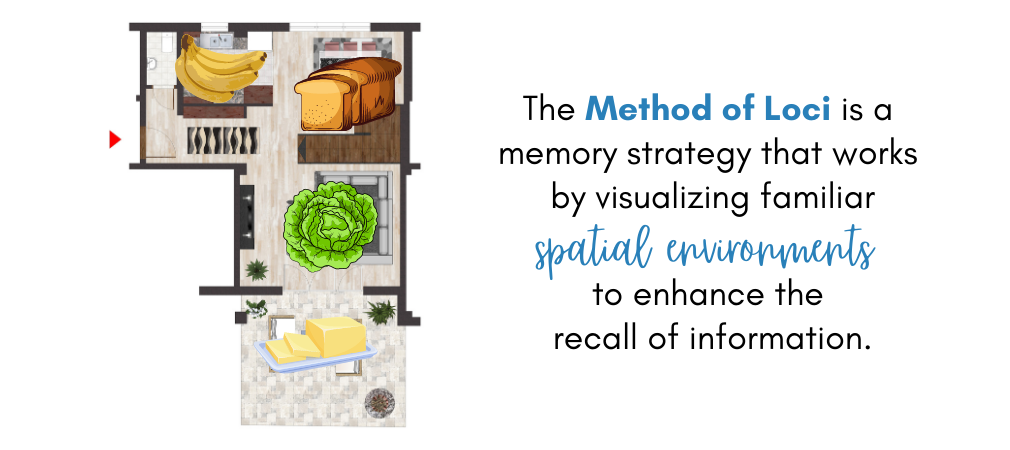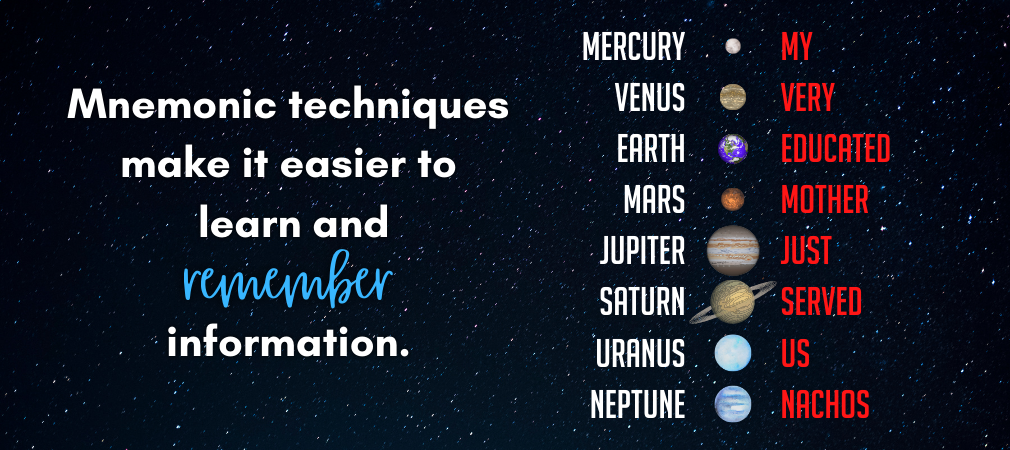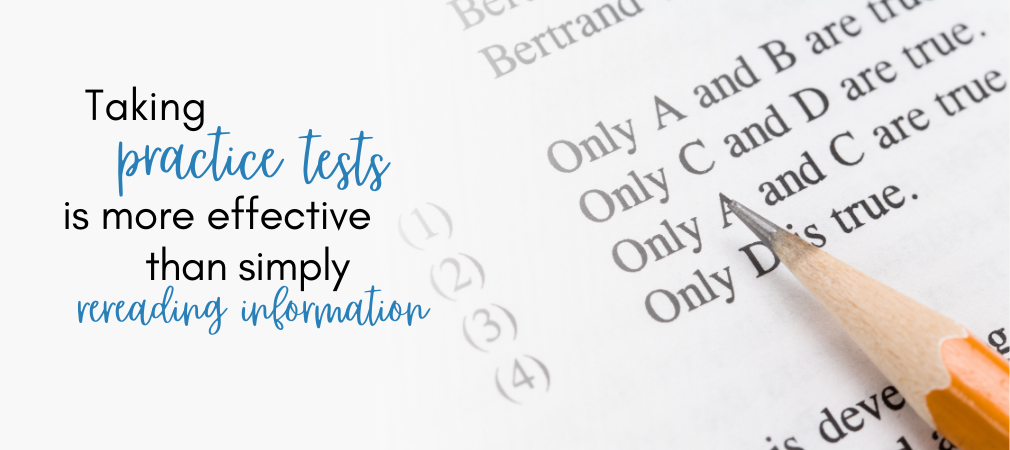Do Memory Strategies Really Work?
Chances are, at one time or another, you wished you could improve your memory. But, it can be difficult to know what, if anything, works?
Martin Dresler and colleagues (2017) were interested in what enables memory athletes to memorize large strings of information and wanted to see if these techniques could be used effectively by anyone.
They had three groups of participants. The researchers told one group to practice the method of loci (a mnemonic technique commonly used by memory athletes) for 30 minutes a day for six weeks. The next group was told to practise holding information in their heads for short periods but were not given any particular strategy. The third group was a control group, and therefore they did not receive any memory training.

After six weeks of training, those who learned the loci technique method were able to remember significantly more words from a long list of words than the other two groups.
What’s more, the brain scans of those in the method of loci group became closer to the scans of memory athletes, and they performed much better than the other groups four months later.
The study shows that this powerful memory technique, the loci method, can be learned by anyone and that their brains can be changed through its use.
However, it’s important to understand that although the loci method is a very effective technique for memorizing large lists of information, the results may not improve your ability to function in everyday life.
Takeaway Message
Effective memory strategies exist. Using them, we can improve our ability to remember specific information, such as long lists of words or items.
3 Strategies for Better Memory
In addition to the method of loci, here are a few other effective memory strategies:
1. Use Mnemonics
Mnemonics are techniques that make it easier to learn and remember things. They help the brain encode and recall information by associating it with an easy-to-remember image, sentence, or word.
There are various types of mnemonics that you can use to help you remember information. The strategy you choose will likely vary depending on the type of memory task at hand.
For instance, if you are memorizing rote information for a test, acronyms and acrostics can be highly effective.
Acronyms help to memorize facts or words in a specific order by using the first letter from each word to form a new word, for example, using ROY G BIV to remember the order of the colours of the rainbow (red, orange, yellow, green, blue, indigo, violet).
Acrostic strategies use each word’s first letter to create a sentence or a poem. For example, using the sentence “King Philip Came Over For Great Spaghetti” to remember the order of the taxonomic classification of organisms (kingdom, phylum, class, order, family, genus, species).
To remember things such as the number of days in each month or spelling conventions, rhyme mnemonics can be used. For example, the rhyme, “Thirty days hath September, April, June, and November; All the rest have thirty-one, Except February…” can help in recalling the number of days in each month. And who can forget the rhyme “I before e except after c” when trying to remember how to spell certain words.
2. Utilize Practice Tests
When studying for a test, practice tests have been shown to be a more effective strategy than rereading the material.
By taking practice tests, memory is strengthened at encoding through the use of retrieval practice. Retrieval practice has consistently been shown to result in long-term memory retention equal to or better than restudying and many other learning strategies.
3. Tell Someone Else
Have you ever asked a family member or friend to remind you of something you didn’t want to forget?
Did you successfully remember the task? Was it because they reminded you, or was it the act of telling them to remind you that helped you to remember?
Research suggests the latter. In a study by Sekeres and colleagues (2016), study participants who were instructed to tell someone a piece of information were more likely to remember the information and for longer.
So, the next time you have to remember a specific task, ask someone to remind you of it (even if it’s just your pet). There’s a greater chance you will remember merely by saying the task aloud.
What is your favourite memory strategy?
Article by
Trevor Sullivan, MA, RP
Registered Psychotherapist
February 10, 2021


